Can China’s Real Estate Market Survive Evergrande?
The collapse of Chinese real estate giant Evergrande is being called, by some, China’s “Lehman Moment.” Whether or not it will be enough to trigger a cratering of China’s broader economy, it’s a massive reality check for a country that has transformed itself over the decades with unprecedentedly massive urbanization and economic growth. Evergrande, since its creation in 1996, has been at the forefront of that rise.
Not unlike America’s housing market before 2008, real estate in China has been viewed as a “can’t lose” investment for Chinese home buyers; a vehicle for guaranteed wealth preservation at worst and, at best, massive returns. This, of course, was as much a fiction in China as it was in the States. However, the reason for this ongoing implosion is more from being over-leveraged and overborrowed, rather than hyper-securitized, as was the case for Lehman. But other factors existed in both cases, like rampant money printing to fund the illusion of growth.
Newly-Built Chinese House Prices Year-Over-Year Since 2019
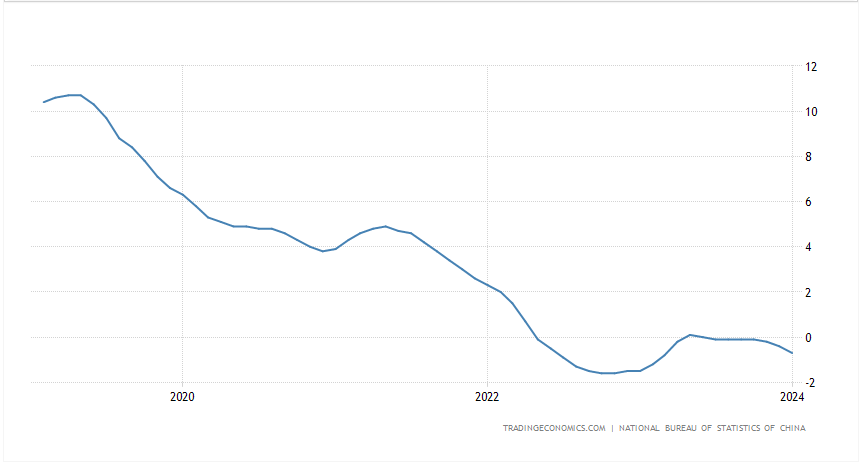
source: tradingeconomics.com
Evergrande’s implosion doesn’t necessarily need to be China’s Lehman for the country’s economy to be in serious trouble. Country Garden, another one of the largest developers, has failed to repay its loans and is now facing liquidation demands from creditors. It’s another significant domino signaling that China’s real estate crisis is far from over — in fact, Bloomberg Intelligence claims that Country Garden has four times as many pending real estate projects than Evergrande.
Meanwhile, after failing to make a restructuring deal and being ordered to liquidate, Evergrande is suing audit firm PwC on the pretense that it harmed creditors. This is a now-common method for desperate multibillion-dollar companies facing insolvency, as one expert said to the Financial Times earlier this month:
“In the last decade, suing the auditor has become somewhat normalised as a way of recovering value…something a liquidator looks at as a matter of course when you’ve got a multibillion-dollar case”.
Chinese lawmakers are scrambling to “fix” a problem they can’t repair because the country’s (mostly real-estate-based) growth was always fueled by years of unsustainable economics: among other factors, like central bank monetary meddling, Chinese real estate developers were in the habit of “selling” unbuilt properties in order to finance the completion of other properties that had already been promised to previous buyers. In other words, a Ponzi-like game of real-estate hot potato where new investors are harvested for properties that don’t even exist yet, in order to fund unfulfilled promises to previous investors.
Whether it’s enough to collapse China’s economy and contribute to a global downturn, is an unanswered question. But regardless of what happens financially, the perception change among the Chinese is a tectonic shift: Rocketing real estate values had all the durability of a paper dragon. Investing in properties is far from safe, and was never anywhere near the guarantee they thought. In a place like China where collectivist thinking rules, this could have broad-reaching implications for how the people of China view their leadership, global economic status, and overall place in a world where for decades, their rise has been seemingly unstoppable.
As for broader implosion, the contagion is spreading. Financial firms like trust companies that have heavy real estate exposure are missing payments of their own. Evergrande itself also wasn’t just a real estate company — its businesses included other sectors like healthcare, automotive, and financial products. In Hong Kong, officials are starting to make efforts to curb rampant speculation in apartment buildings, in what is most likely another “too little, too late” effort.
The Chinese government is also trying to rescue distressed properties to lessen the impact — but with what financing? The plan needs lenders. At the end of the day, it’s another lesson in the obvious: if the money doesn’t exist, and the houses don’t exist, the growth isn’t sustainable. Debt-dependent economic expansion doesn’t create sustainable prosperity, especially when the “product” being sold doesn’t even exist yet. If all of this leads to a broader credit crunch across Chinese markets, it will cause more dominos to fall and the crisis will become likely to spread globally.
And other countries, like the US, don’t have a solid enough foundation or monetary policy tools to weather a collapse of the world’s second-largest economy.



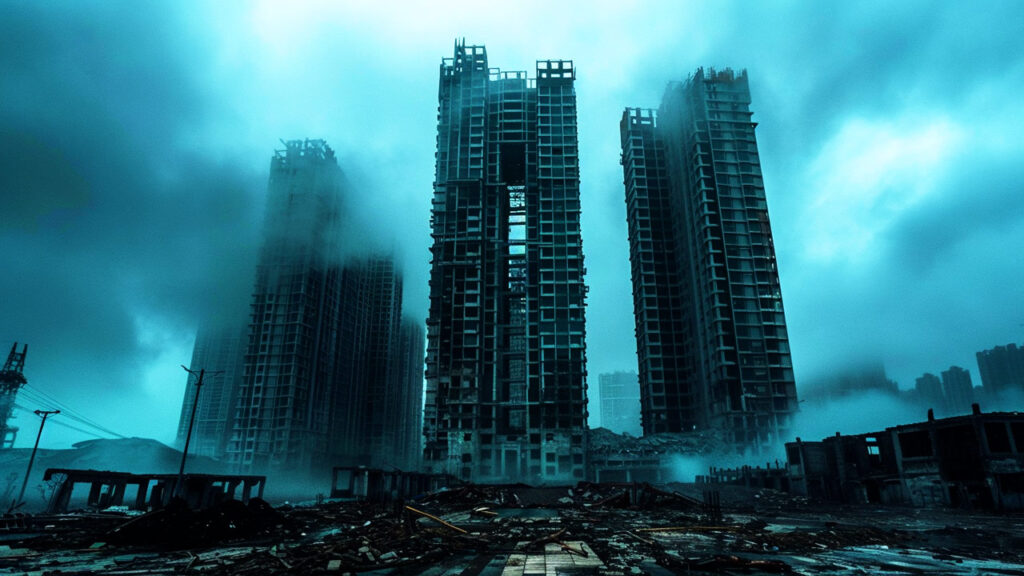

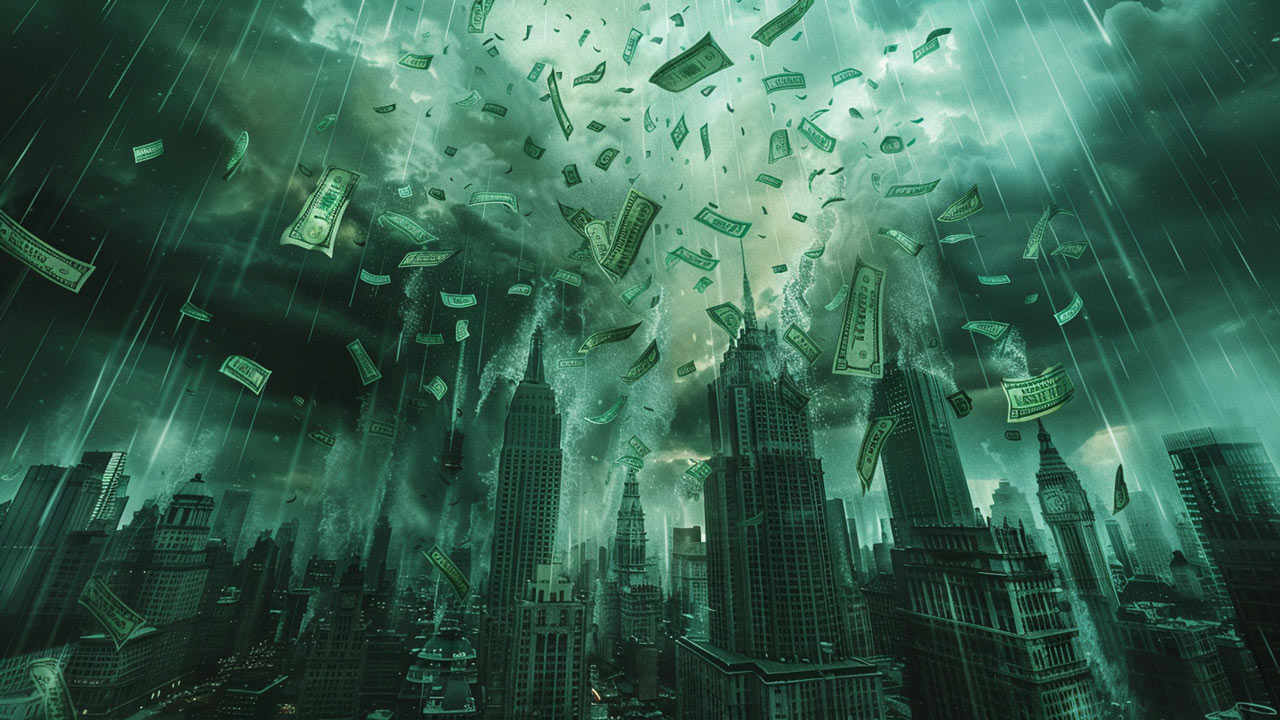 In 2009, 140 banks failed, and a recent report from financial consulting firm Klaros Group says that hundreds of banks are at risk of going under this year. It’s being billed mostly as a danger for individuals and communities than for the broader economy, but for stressed lenders across America, a string of small bank failures could quite […]
In 2009, 140 banks failed, and a recent report from financial consulting firm Klaros Group says that hundreds of banks are at risk of going under this year. It’s being billed mostly as a danger for individuals and communities than for the broader economy, but for stressed lenders across America, a string of small bank failures could quite […] Cocoa prices have dumped since rocketing to a dramatic peak last month as an El Nino cycle winds down and traders rush out of the illiquid market. For now, depreciating fiat currencies are still keeping the cocoa price still far above its 2023 levels. Coffee has had a similar rise and subsequent correction — but now, inflation and other factors are conspiring to […]
Cocoa prices have dumped since rocketing to a dramatic peak last month as an El Nino cycle winds down and traders rush out of the illiquid market. For now, depreciating fiat currencies are still keeping the cocoa price still far above its 2023 levels. Coffee has had a similar rise and subsequent correction — but now, inflation and other factors are conspiring to […]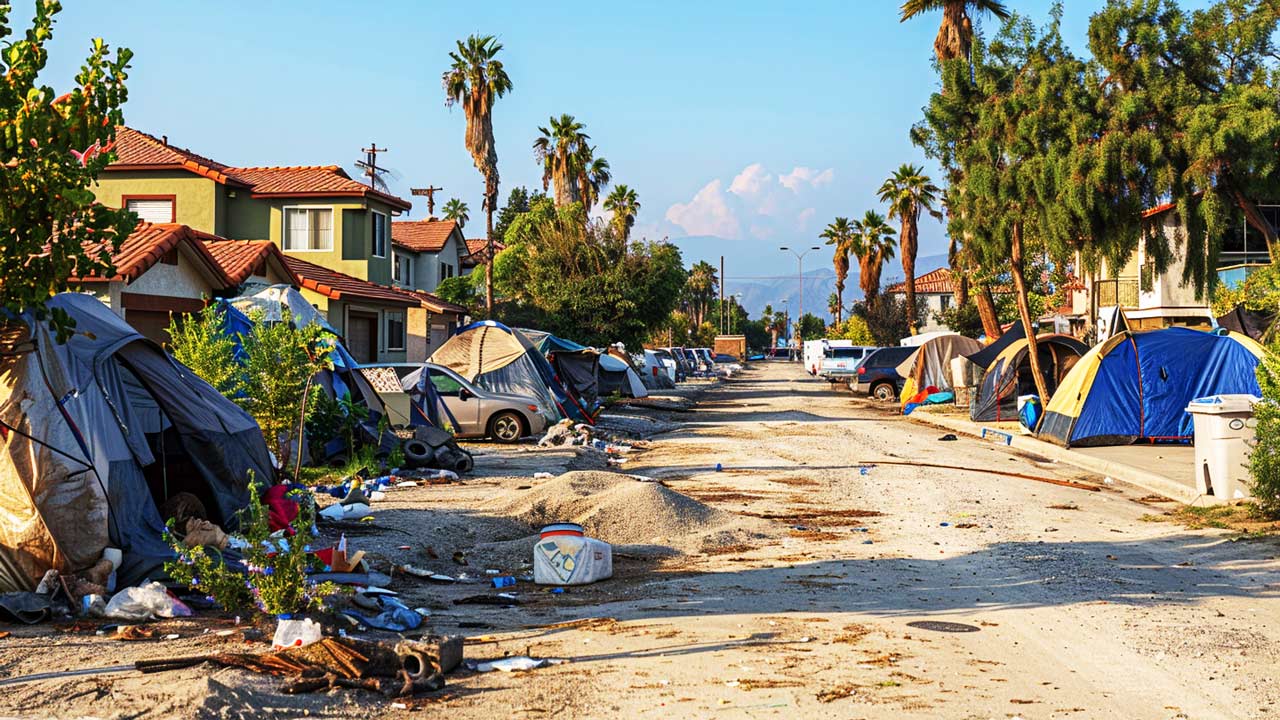 California’s government bet that they knew better than the free market. And now millions are paying the price. The story begins in 1919, when the city of Berkley, California instituted legislation setting aside districts that would only allow the construction of single-family housing. The idea spread, and soon much of California’s urban areas had adopted the zoning policy. Today, approximately 40% of the total land in Los Angeles is […]
California’s government bet that they knew better than the free market. And now millions are paying the price. The story begins in 1919, when the city of Berkley, California instituted legislation setting aside districts that would only allow the construction of single-family housing. The idea spread, and soon much of California’s urban areas had adopted the zoning policy. Today, approximately 40% of the total land in Los Angeles is […] The yen was once known as a safe-haven currency for investors to protect themselves when broader markets are shaky or other currencies are dropping, but those days are numbered. A stable government and consistent (and low) interest rates have been some of the driving factors, but it’s the unwinding of that ultra-low interest rate policy that will be the yen’s “safe […]
The yen was once known as a safe-haven currency for investors to protect themselves when broader markets are shaky or other currencies are dropping, but those days are numbered. A stable government and consistent (and low) interest rates have been some of the driving factors, but it’s the unwinding of that ultra-low interest rate policy that will be the yen’s “safe […]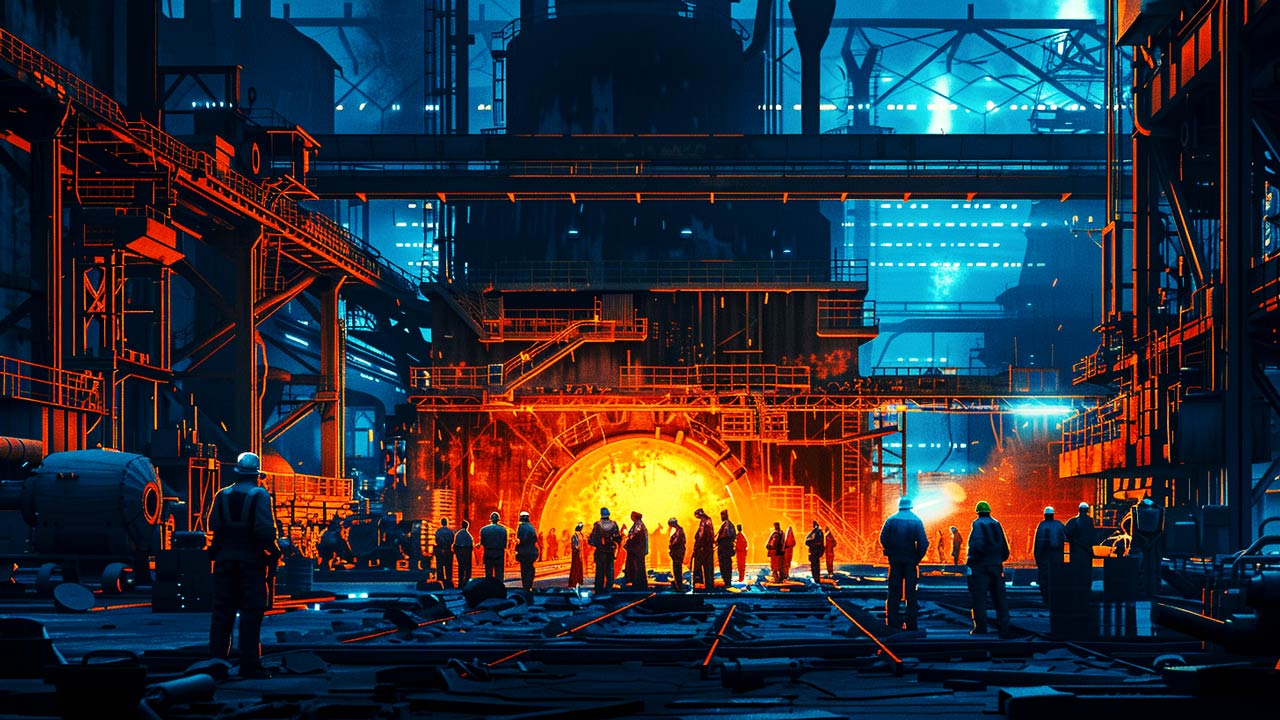 Whenever an election year rolls around, domestic manufacturing becomes a more central theme of discussion. Candidates from both sides, who seem to disagree on almost everything else, never waver in their commitment to auto manufacturers in Detroit and the steel industry. Republicans and Democrats never forget to remind the American public that they will try […]
Whenever an election year rolls around, domestic manufacturing becomes a more central theme of discussion. Candidates from both sides, who seem to disagree on almost everything else, never waver in their commitment to auto manufacturers in Detroit and the steel industry. Republicans and Democrats never forget to remind the American public that they will try […]